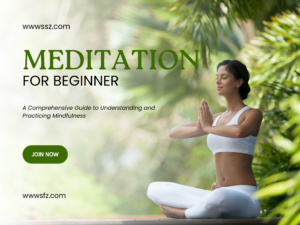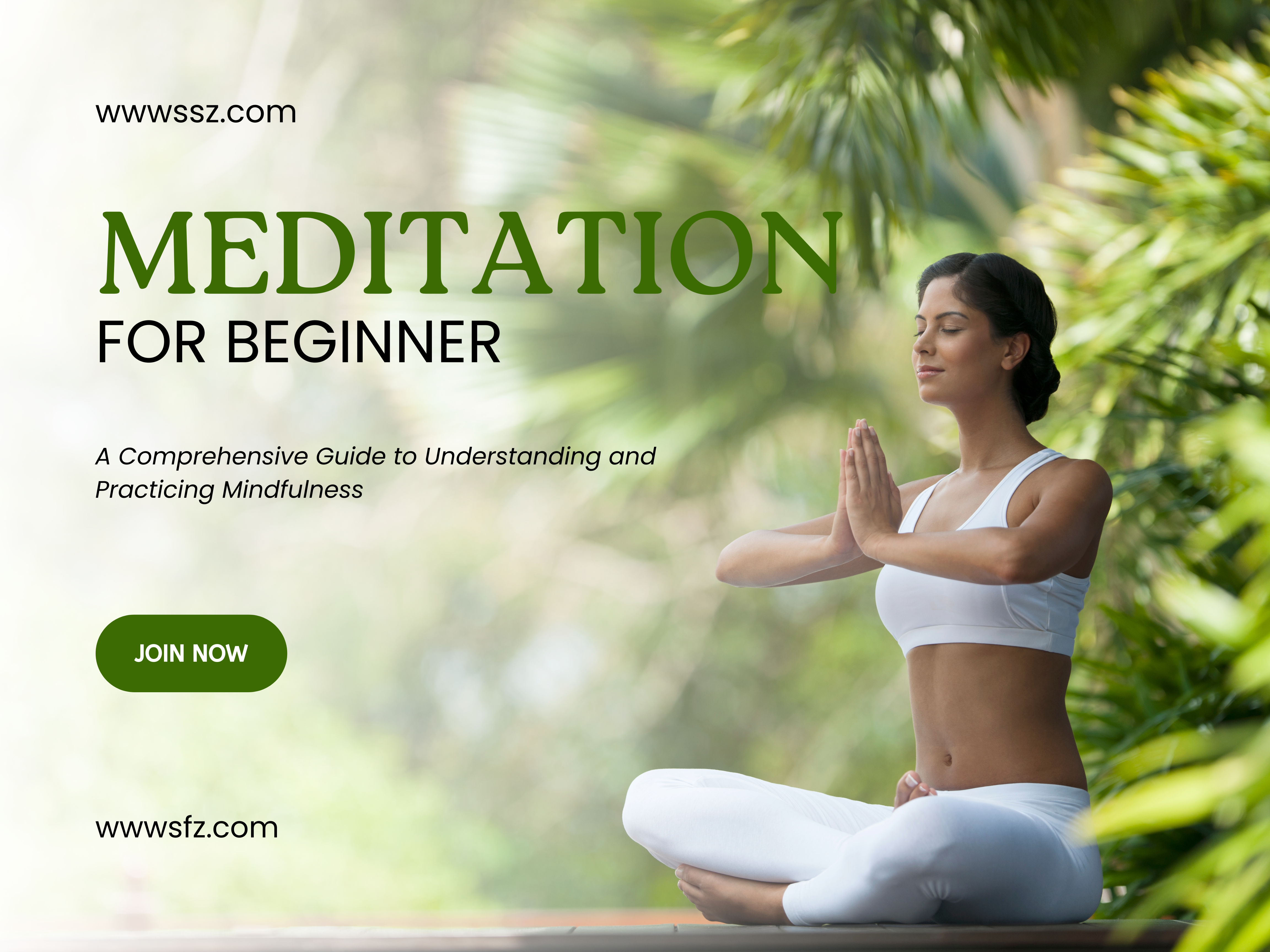Introduction
In the hustle and bustle of modern life, finding moments of peace and tranquility can seem like an impossible task. This is where meditation comes in. With roots tracing back thousands of years, meditation has become a widely recognized practice for enhancing mental, emotional, and physical well-being. In this blog, we will explore what meditation is, its benefits, various techniques, and how you can start your meditation journey.

What is Meditation?
Meditation is a practice where an individual uses a technique – such as mindfulness, or focusing the mind on a particular object, thought, or activity – to train attention and awareness, and achieve a mentally clear and emotionally calm and stable state. It is a means of transforming the mind and developing qualities such as concentration, clarity, emotional positivity, and a calm seeing of the true nature of things.
The Benefits of Meditation
Meditation offers a wide range of benefits that can improve various aspects of your life:
- Reduces Stress: Regular meditation helps lower cortisol levels, the hormone associated with stress, leading to a more relaxed state of mind.
- Enhances Emotional Health: Meditation can improve self-esteem and self-awareness, promoting a more positive outlook on life.
- Improves Concentration: By focusing your mind, meditation enhances your attention span and can improve your ability to concentrate.
- Promotes Better Sleep: Meditating before bed can help you relax and fall asleep faster, improving the quality of your sleep.
- Increases Mindfulness: Meditation encourages mindfulness, which is the ability to stay in the present moment and fully engage with your surroundings.
Types of Meditation
There are several types of meditation, each with its unique approach and benefits. Here are some of the most popular ones:
- Mindfulness Meditation: Originating from Buddhist teachings, mindfulness meditation involves being fully present in the moment. It encourages awareness of your thoughts and feelings without judgment.
- Transcendental Meditation: This form of meditation involves repeating a mantra – a word or sound – to settle the mind and achieve a state of restful alertness.
- Guided Meditation: This type of meditation involves following the guidance of a teacher or recorded session that leads you through a meditative process.
- Loving-Kindness Meditation (Metta): This practice involves focusing on developing an attitude of love and kindness towards oneself and others.
- Body Scan Meditation: This technique involves paying attention to different parts of the body, usually starting from the toes and moving upwards, promoting relaxation and awareness of physical sensations.
How to Start Meditating
Starting a meditation practice can be simple and doesn’t require any special equipment or preparation. Here are some steps to help you get started:
- Find a Quiet Space: Choose a quiet and comfortable place where you won’t be disturbed.
- Sit Comfortably: Sit in a comfortable position, either on a chair or on the floor with your back straight.
- Set a Time Limit: If you’re just beginning, start with 5-10 minutes of meditation.
- Focus on Your Breath: Pay attention to your breath, noticing the sensation of air entering and leaving your lungs.
- Observe Your Thoughts: As you meditate, your mind will wander. When this happens, gently bring your focus back to your breath without judgment.
- Be Consistent: Regular practice is key to experiencing the benefits of meditation. Try to meditate at the same time each day to build a habit.
Common Challenges and Solutions
Meditation can be challenging, especially for beginners. Here are some common obstacles and how to overcome them:
- Restlessness: It’s normal to feel restless. When this happens, acknowledge the restlessness and gently bring your focus back to your breath.
- Drowsiness: If you feel sleepy during meditation, try sitting up straight or meditating with your eyes open.
- Busy Mind: If your mind is too busy, don’t force it to be quiet. Instead, observe your thoughts without attachment and gradually bring your focus back to your breath.
Conclusion
Meditation is a powerful practice that can bring profound benefits to your life. Whether you seek to reduce stress, improve concentration, or enhance emotional well-being, incorporating meditation into your daily routine can be transformative. Start with small, manageable sessions and gradually increase the time as you become more comfortable. Remember, the key to meditation is consistency and patience. Happy meditating!

Leave a Reply